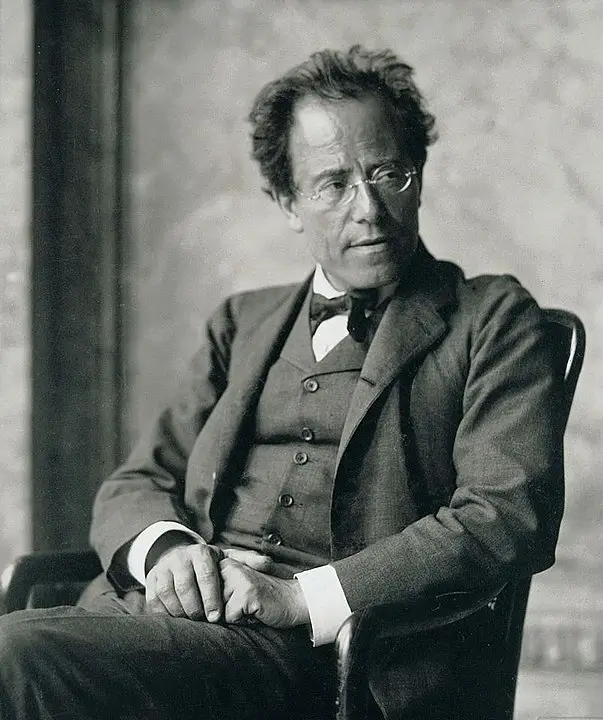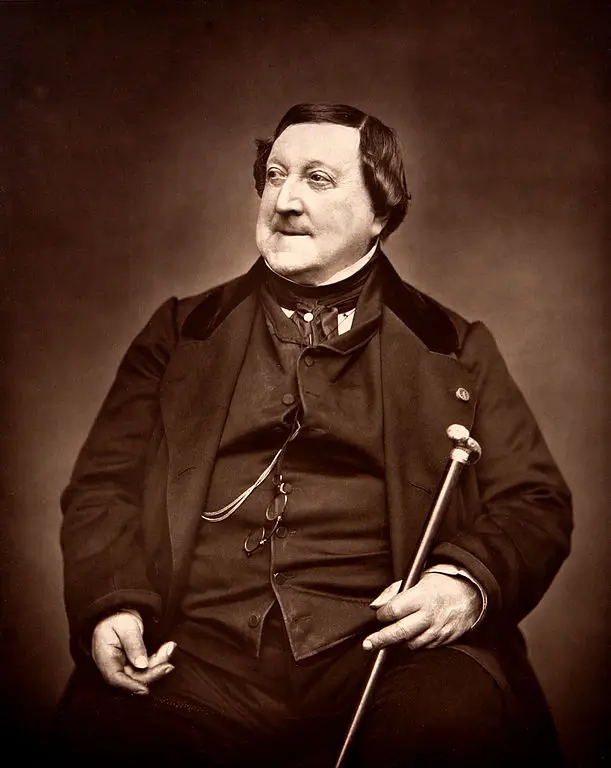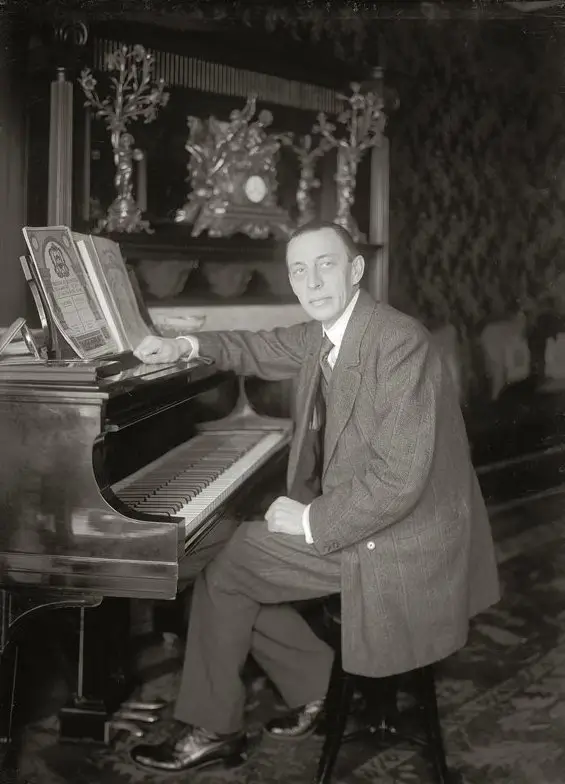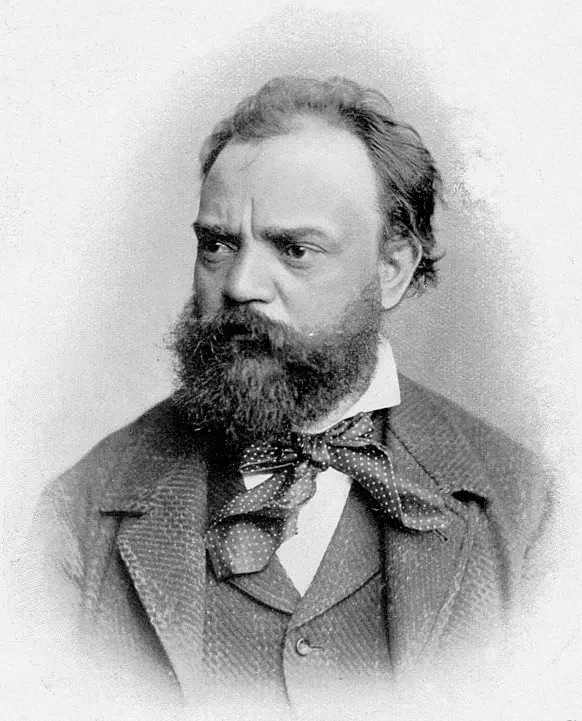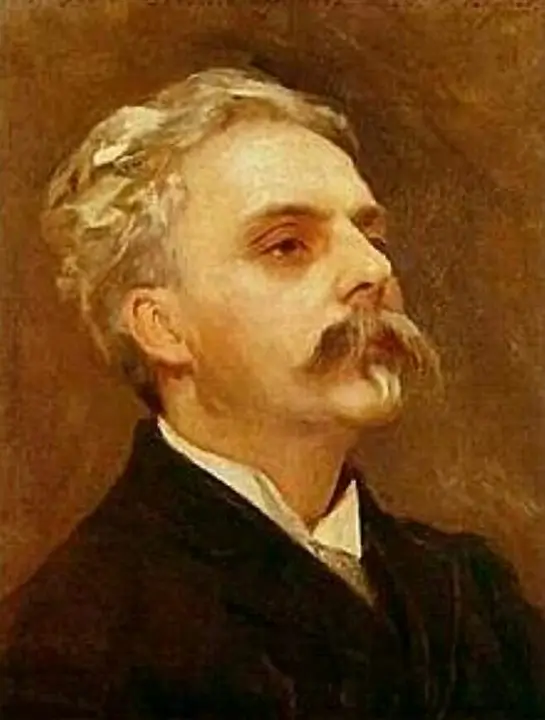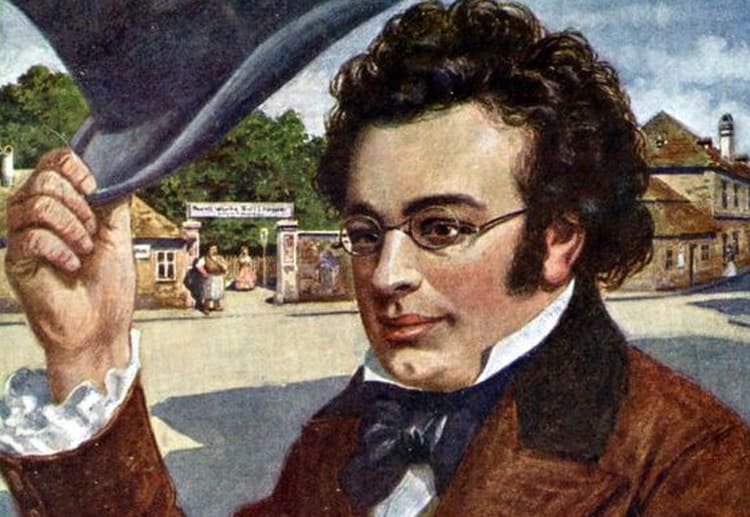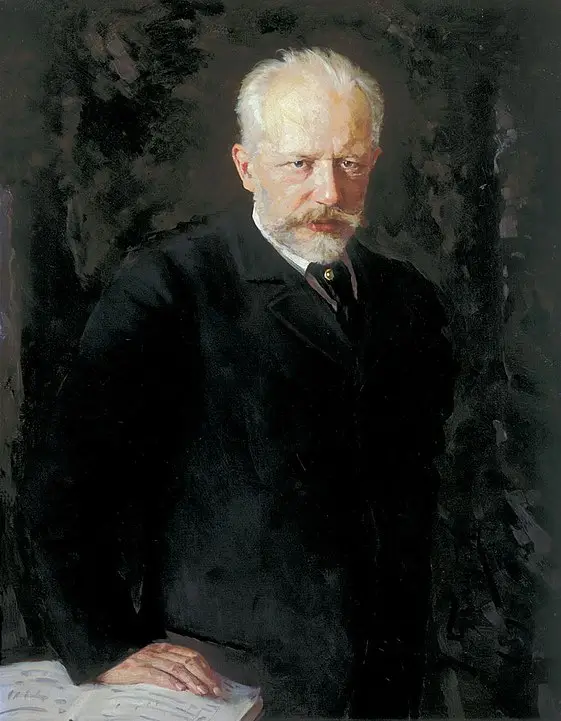Introduction
Gustav Mahler, a towering figure in the late Romantic period, is renowned for his profound and emotionally charged symphonies and songs. His works, which often explored themes of death, afterlife, and nature, pushed the boundaries of the symphonic form and paved the way for modernism in music. This article delves into Mahler’s life, from his humble beginnings to his influential compositions, his relationships with other composers, his philosophical outlook, and his enduring legacy.
Early Life
Born on July 7, 1860, in Kalischt, Bohemia (now Czech Republic), Gustav Mahler was the second of fourteen children, of whom only six survived infancy. His family was of humble Jewish origins, and his father, Bernhard Mahler, was a distiller and tavern owner. The family later moved to Iglau (Jihlava), where Mahler spent much of his childhood. The environment was musically vibrant, which had a profound impact on young Gustav.
Musical Training and Development
Mahler’s musical talents were evident early on. At the age of four, he discovered his grandparents’ piano and began to play by ear. Recognizing his potential, his parents enrolled him at the Vienna Conservatory when he was 15. There, he studied under the likes of Julius Epstein and Robert Fuchs, and befriended fellow composers such as Hugo Wolf and Hans Rott. This period was crucial in shaping Mahler’s musical style and ambitions.
Major Works and Compositions
Mahler’s oeuvre is primarily composed of his symphonies and art songs, including the song cycles *Lieder eines fahrenden Gesellen* (Songs of a Wayfarer) and *Kindertotenlieder* (Songs on the Death of Children). His symphonies, particularly the Second, Third, and Eighth, are monumental works that often require massive orchestral and vocal forces, reflecting his vision of the symphony as an all-encompassing art form.
Connections to Other Composers
Mahler was deeply influenced by the works of Wagner and Bruckner, yet his relationship with contemporary composers was complex. While he championed the works of Sibelius and Richard Strauss, he had a more contentious relationship with Brahms. Despite these differences, Mahler’s influence on later composers like Arnold Schoenberg and Benjamin Britten underscores his pivotal role in the transition from Romanticism to Modernism.
Character and Philosophy
Mahler’s personality was as complex as his music. Known for his intense work ethic and perfectionism, he was also deeply philosophical, grappling with issues of mortality and the meaning of life. This existential inquiry is evident in his compositions, which often explore themes of redemption and resurrection.
Life in the City Where Gustav Mahler Lived
Mahler spent significant periods of his life in Vienna and New York, cities that influenced his compositions and musical career. Vienna, with its rich musical heritage, was particularly significant during Mahler’s tenure as the director of the Vienna Court Opera from 1897 to 1907. Here, Mahler was at the center of cultural life, influencing and being influenced by the city’s artistic milieu.
Death and Legacy
Mahler died on May 18, 1911, in Vienna, after battling a series of heart complications. His passing marked the end of an era, but his legacy lived on. His works, which were somewhat neglected during his lifetime and in the immediate years following his death, underwent a renaissance in the mid-20th century, thanks to conductors like Leonard Bernstein who championed his music. Today, Mahler is celebrated as one of the last great composers of the Romantic era and a bridge to modernist music.
Conclusion
Gustav Mahler remains a figure of immense musical and cultural significance. His exploration of deep philosophical themes through the medium of the symphony has left a lasting impact on the music world. Understanding Mahler’s life and works provides not only insight into a pivotal period of musical history but also into the enduring human questions that his music so poignantly expresses.

